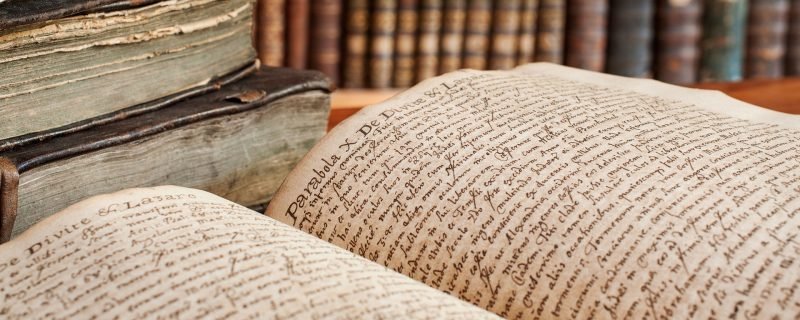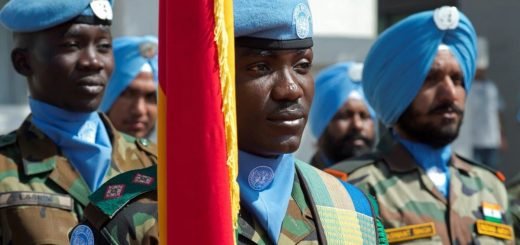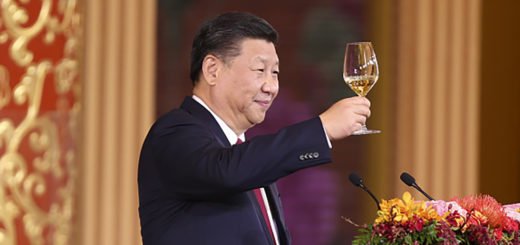How literature transcends national boundaries and builds connections

English literature is a nascent genre which endeavours to transcend geographical constraints. Literature has a serious function of preserving the glory of a country’s civilization, resolving cultural conflicts and providing viable models for popular emulation. Writers give a clear direction to the society which is receptive to the message rendered by the artist which furthers its progress in an unimpeded manner. The society provides raw material to the artist and its basic philosophy, to which an imaginative touch is added by the artist and his reasoning and judiciousness will counsel society, guides its progress and alters its view. All artistic work is a revelation which suggests corrective measures to ameliorate the impoverished masses of the society.
Literature is a documentation of life seen, known and recorded in an artistic way. It is a door through which the imaginations enter a new realm of a world that is heroic, full of love and passion, of undaunting acts of bravery and prudence. It addresses itself to the widest human interests attaining a broader base to merge in the mainstream universe. Universality is the forerunner of permanence, which is the essence of literature. Men do not let things of beauty perish despite their affection for materialist things. It is in this unheeded emotion that literature finds a permanence. The two objectives of the literature are delight and instruction, which lend social relevance to it. Literature is not merely a pleasing proposition playing faculty of imagination, but it guides the destinies of human beings through the ribs of practical life, inuring them to face the harsh realities of life. Indian aestheticians laid great emphasis on the oneness of sound and sense which was rooted in religion and spirituality. The very concept of “Sahitya” is sacred and secular, and intended for the welfare of the masses, helping them attain salvation and enabling them to know the ultimate reality. Despite the focus on righteousness, worldliness bears a considerable effect on the ends of literature.
Indian Literature makes exacting demands on the part of the poet, focusing on the integrity of the mind and growth of a healthy attitude. The task of analyzing and explaining the nature of the social phenomenon in relation to man and his moorings through joyous or glum experiences has been borne by writers across the globe. As the society has passed through a turmoil of changes, the writers have become the harbingers of this change needing a new tool kit to emphasize and rationalize their outlook of the various events. In fulfilling a social obligation, the writers have proved themselves as the unacknowledged legislators of the world. Human reality is a revealer. The man is a means through which objects find their social change and manifestations and acquire global significance.
“Literature is thought-provoking, it allows us to raise questions and gives us a deeper understanding of issues and situation” – Judith Caesar
Literature has had a major impact on the development of society. It has shaped civilizations, changed political systems and exposed injustice. Literature gives us a detailed preview of human experiences, allowing us to connect on basic levels of desire and emotion. Literature is as literature does. In exploring ideas about what literature is, it is useful to look at some of the things that literature does. Literature is something that reflects society, makes us think about ourselves and our society, allows us to enjoy language and beauty, it can be didactic, and it reflects on “the human condition”. It both reflects the ideology and changes ideology, just like it follows generic conventions as well as changing them.
Literature is the creation of another world, a world that we can only see through reading literature. The reflective role of literature is to show society the history of ideologies, of thought and of action. It allows the individual to understand how society functioned and why it functioned that way. Social reality is the matrix out of which comes a host of ideas and sensations that cast the writer’s imagination and transform it into a rare metal free of dross and scum. Literature does not exist in a vacuum. It does, however, have a unique function in shaping and teaching society at large. For such a seemingly petty question, it involves the contemplation of the essence of society and how individuals work within the confines of society’s structure.

Many of the issues that Rabindranath Tagore wrote on, are still relevant today and are being faced by societies. These issues continue to be significant in the decades ahead. He believed in a synthesis of the cultures of the East and the West – the spirituality of the East enriching itself with the rationale and scientific temper of the West. In the present pandemic affected the world, it is the human spirit that will sustain and propel the humankind forward when all the resources are at an ebb.
Unlike Einstein, Tagore believed that all scientific laws and objects are connected in some way with the human perception and that scientific research should be carried out not just as an end in itself, but for the betterment of humankind, which is significant and vital in the present scenario. Another writer whose written work challenges the fundamental issues faced by the Americans was Mark Twain. His writings had a satirical and sometimes even a bitter edge. His humour was the basis of his appeal across classes and races, for he repeatedly ridiculed the foolishness and foibles of the damned human race. He was an advocate of free speech and defended it. It is in Mark Twain’s life and writings that we may discern some lessons for our own time. We must ridicule greed and hypocrisy, resist racial stereotypes and decry imperialism.
Literature gives us history and history, is what intrinsically moulds our thoughts, our social and political leanings, affects every single decision we take, making us who we are. Sitting in a room, writers take us on a journey across oceans and miles away feeding us with knowledge, scenery and depth of human emotions that transform an individual’s thinking and processes his thoughts into a realm that is more suitable for the real world. Creating a virtual world of journeys of aspirations, failures, successes and betrayal and shaping our lives and thoughts more than the real world itself. The individual grows and blooms, coming out of his cocoon and accessing the density of human emotions, having a political will and knowing how civilizations before him arched and shaped the destiny of the present world.


















